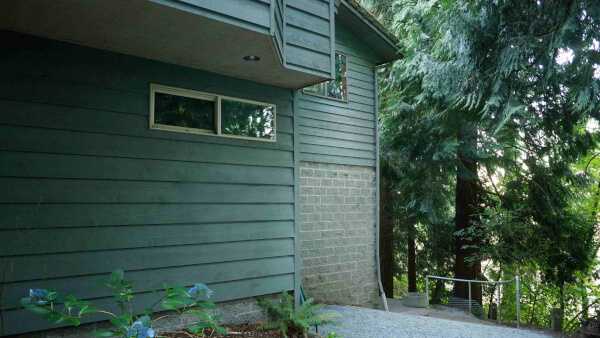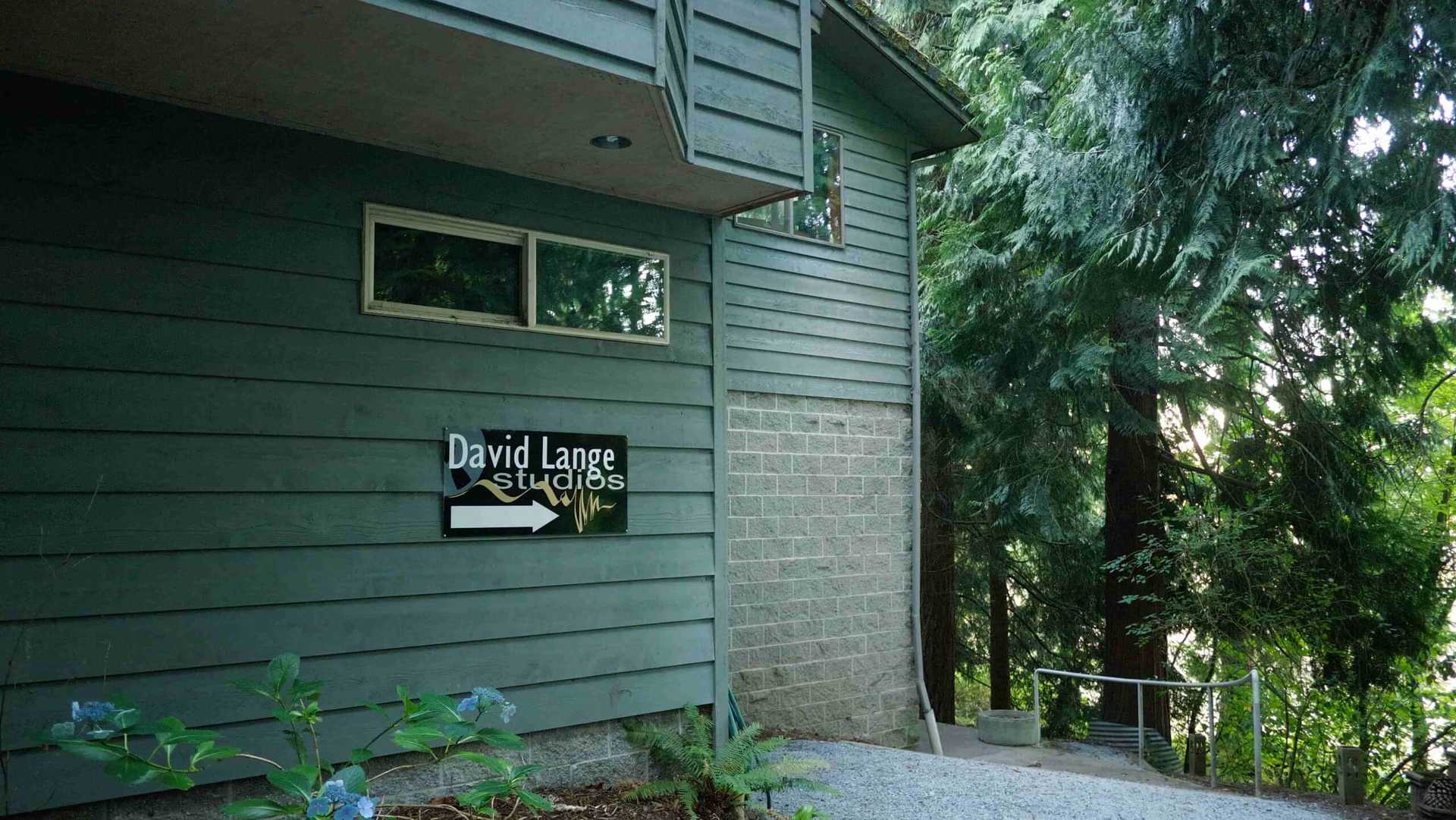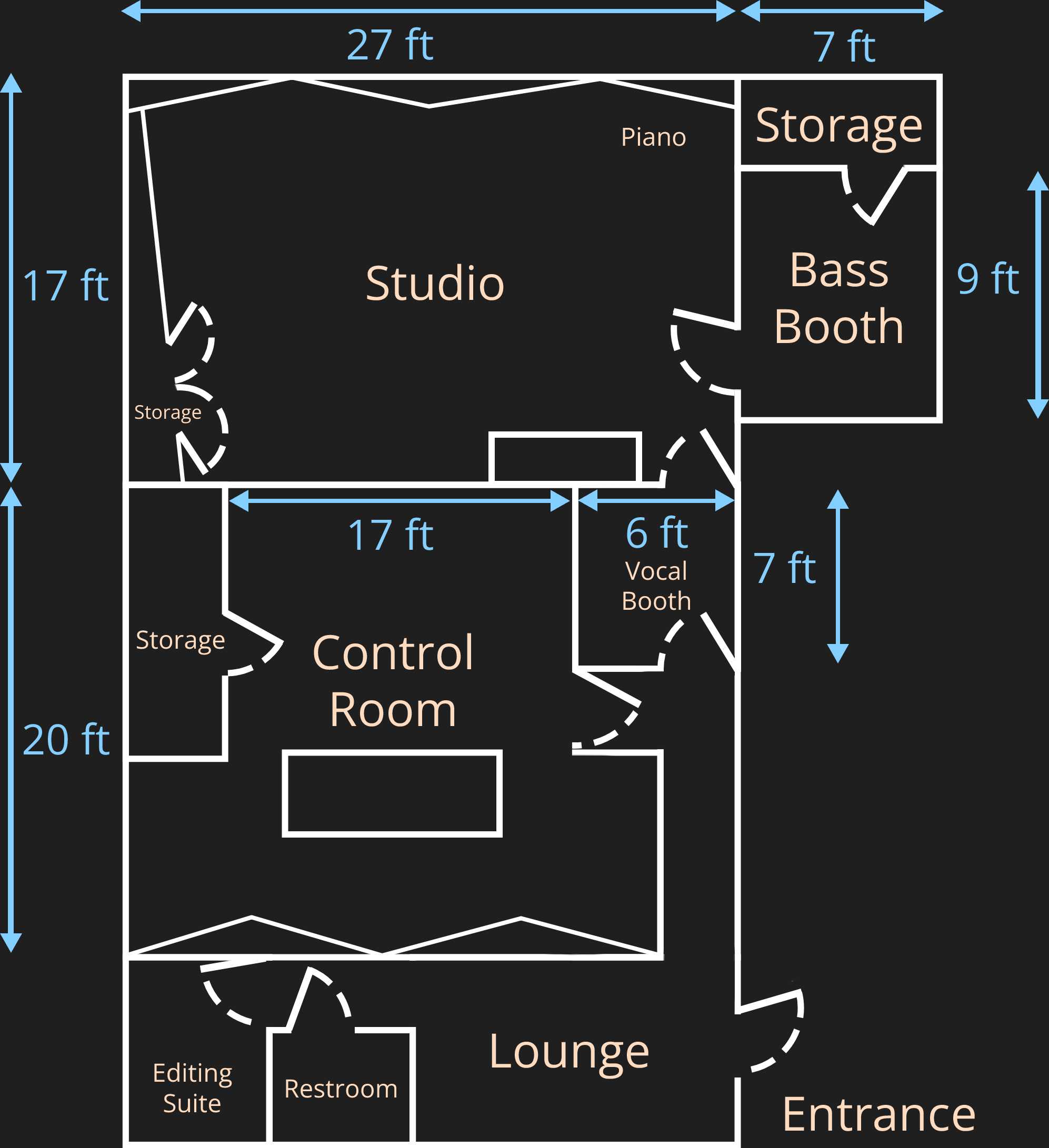

Recording Process
Learn about the steps of our recording process
We believe in making the steps of music production accessible and easy to understand. While we only handle tracking, editing, and mixing, we outline the entirety of the music production process; from how to prepare for your recording session, to what to do with your final mixes after we part ways
Pre-studio
Steps to take before your recording session
Choosing and ordering your tracks by importance, registering your songs to recieve royalties, arranging your songs into charts for your session, and getting licenses for cover songs
When preparing for your studio session, determine how many songs you want to include as this will impact your budget. When selecting songs, consider factors such as key, tempo, feel/groove/instrumentation, and album construction to ensure variety.
We advise carefully choosing your strongest songs in advance. While it may be tempting to plan on recording all your songs and then selecting the best later, this can lead to unnecessary studio expenses and subpar performances. By selecting your best songs beforehand, you can ensure that each one receives the necessary attention to sound its best.
You can register your songs with a Performing Rights Organization (PRO) either before or after recording to collect royalties for your compositions. Writers can join a PRO for free, but can only affiliate with one. The main PROs in the United States are:
Any rehearsing or pre-production before recording will save you time in the studio and keep your budget happy.
With that in mind, it is highly encouraged, but not required to have song form and instrumentation worked out before recording to avoid delays and ensure musicians leave the proper amount of space for any overdubs (parts recorded after the main recording session) you plan to record.
If you are hiring musicians for the session, it is really helpful for them to have charts, especially if playing original music. If you are not comfortable making charts, talk to one of the band members to see if they can help you create charts for the session.
You can also give a copy of the chart to the engineer to help guide the recording process. Ask your recording engineer if they would like one.
To release a cover song on your album commercially, you will need a mechanical license. Mechanical licenses can be obtained through licensing distribution companies such as:
As of March 2023, the cost for a compulsory mechanical license is 9.1¢ per copy for songs under 5 minutes. For example, if you want to make 1000 CDs, it will cost you $91 per cover song.
Streaming services often operate under a blanket license, but some distributors require a digital download license for each song before distribution. Check with your license distributor and the terms of the streaming services for more information.
Compulsory mechanical licenses require that you perform the song with the melody and lyrics in their original form. While there are many examples of artists changing melody and lyrics, doing so without express permission can result in the forfeiture of your license, even after the album is released, so proceed at your own risk.
Studio
Steps we handle at Lange Studios
Tracking, optional video shoots, editing, and mixing. Our hours are from 10AM-7PM PST every day. For full day sessions, we operate from 10AM-7PM with a 30 minute break at 3:30PM
Basic tracking is the session where the band records their tracks.
- Expect at least 20-30 minutes of setup before recording starts. If the band has a drummer, they are welcome to arrive 30 minutes early (at no additional cost) to facilitate a quicker, smoother setup process.
- If the band has a singer, the singer will often sing a “scratch” track to mark the form and help the players know where they are in the song. The scratch is usually replaced with a final vocal recorded during a different session dedicated solely to the vocalist. The focus for the basic tracking session is getting the best possible performance from the band.
- The band will run a bit of the song so that we can establish headphone levels for each musician's mix controlled by the engineer in the control room. Maximum flexibility in the editing and mixing stages can be obtained by recording each part in separate, noise isolated rooms using a click track (an audio track used to synchronize sound recordings).
- We record takes until we find one that is satisfactory or nearly satisfactory. A "punch" may be done where the favorite take is played back through the headphones, the band plays along as best they can, and then we start recording, or punch, at the spot that needs revising, allowing us to just fix the spot in question without having to do another complete take.
- For a typical 10AM-7PM session of basic tracking, it is reasonable to expect to record 4-6 songs in this manner, fewer than 4 if the songs are particularly challenging, and more than 6 if you intend to do very few takes with minimal fixes. The number of songs also goes down if you intend to do overdubs in the same day.
- At the end of this day, rough mixes or “roughs” are sent to the artist(s) for the purpose of ensuring the takes are solid and to allow the lead vocalist or instrumentalist to have the exact backing tracks to practice with in anticipation of their lead tracking session.
Tracking Hourly Rate: $75 / hour
Tracking Day Rate: $500 / day
When it's time to record the final vocal or lead instrument, we bring in the singer or solo artist.
- Expect 20-30 minutes of setup before recording starts.
- After setting up the sounds and headphone levels, we typically record 2-3 takes to see how it sounds. If it's good, we'll use those takes to compile the final vocal. If the performance needs work, we may do another take or punches until we have enough to comp together a final vocal. If the performance is far off, we may re-evaluate and make changes to the approach or headphone levels, or move on to another song and come back to it later.
- Once we have all the parts, we start the process of creating the final composite (or comp) track. This process often involves having the singer listen to each take phrase by phrase to determine which one they prefer and assembling the best pieces of each take.
Tracking Hourly Rate: $75 / hour
Tracking Day Rate: $500 / day
For an additional $200 setup fee, you have the option to include a video shoot during your tracking session. We also provide video editing services for recorded sessions at an hourly rate of $50. If you decide to edit with us, $100 of the setup fee will be credited towards your editing costs. If your goal is to record music for an album project while capturing video, we recommend limiting the video shoot to one or two songs, as it significantly impacts the speed of the recording process. If you are interested in shooting video off-site, please get in touch with us for a personalized quote. Visit our Gallery Page to view sample video sessions.
Video Setup Fee: $200
Editing Hourly Rate: $75 / hour
Once everything is recorded, the editing process begins.
- This involves fixing wrong notes, adjusting timing, and tuning vocals and instruments (violin, sax, acoustic bass, etc.) to ensure they are consistently in tune throughout each song.
- A typical jazz song takes about 1 hour to tune the vocal.
Editing Hourly Rate: $75 / hour
After recording, tuning, and editing, we begin the mixing process to make each song sound its best.
- This involves adding processing like equalization, compression, and reverb/delay to each instrument. The balance of each part is also adjusted so that everything can be heard at an appropriate level.
- We suggest joining your recording engineer during the initial mixing session to define the sonic qualities and during final corrections for your project. While you can attend all mixing sessions, once we set the sounds in the first session, it's mainly our responsibility to apply those settings and fine-tune levels for each song.
- Typically, one or two songs are mixed and sent to the client for revisions. Once approved, the remaining songs are mixed using the same template.
- Mixing time is highly variable and usually depends on the number of parts and the tastes of the client. Expect at least 2 hours of mixing per song.
- Final mixes are sent as WAV audio files to be given to a mastering engineer. Check the mastering portion of the Post-studio section below for more information.
Mixing Hourly Rate: $75 / hour
Post-studio
Steps to take after receiving your final mixes
The next steps you can take to get your songs mastered, duplicated, and distributed
Mastering is the final step in the recording process, which focuses on making an entire album sound as cohesive and balanced as possible. It involves adjusting the space between songs, the volume levels, and the sonic characteristics of each track to ensure they all fit together as a unified body of work. Additionally, global compression and limiting techniques are applied to the tracks to make them sound louder and more consistent.
At the end of the mastering process, you will typically receive a DDP (Digital Distribution Protocol) and/or WAV audio files at various sample rates and bit depths. These files are what you will send to your duplicator (DDP only) or distributor. Your mastering engineer may also add metadata and provide you with ISRC codes, which are unique identifiers used to mark your specific recording. However, it is becoming increasingly common for these codes to be added during the distribution process. Check with both your mastering engineer and distributor to see what the best course of action is.
For mastering services, we recommend the following mastering engineers to our clients:
Graphics include album covers, back covers, CD covers, and inside sleeves. Completing graphics before mastering ensures that the final product is ready for distribution without any delays.
Duplication is the process of turning the final master (DDP) received from your mastering engineer into a batch of CDs. Some duplicators may also function as distributors, offering both CD duplication and digital distribution services.
For duplication, we recommend the following organizations to our clients:
Frequently Asked Questions
Common questions we receive from our clients
Is your question not addressed? Visit our Contact Page and send us any inquiries
The approximate dimensions for each recording space are as follows:
- Studio: 27 ft x 17 ft
- Vocal Booth: 6 ft x 7 ft
- Bass Booth: 7 ft x 9 ft
Below is the floorplan for the studio:

Yes, we know a variety of highly skilled studio musicians in the area. We would be happy to get you in touch with them. Contact us to discuss the nature of your project so that we can find who might be the best fit for your project.
Absolutely! In fact, we encourage it for the first mixing session where we establish the sonic characteristics of your project and the final mixing corrections at the end of the process. You are welcome to attend all of the mixing sessions. However, once we have established the sounds in the first session, it is primarily our responsibility to apply those settings and fine-tune levels for each song. At that point, we mainly require the artist's input for revisions, which can also be conveniently done from home. In other words. You’re welcome to stay for the whole process, but after the first session, bring a book. You are also welcome to join us for editing, however, because we would have to reserve the studio to edit on-site, you would be charged for the mixing rate rather than the editing rate.
Yes, we often hop in and out of the process at different stages depending on the needs of the artist. We are happy to help in any way we can.
Yes! We encourage you to bring a hard drive to your final session to receive a copy of the raw files. We strive to have two copies of a project at all times. However, we cannot guarantee the integrity of files in perpetuity, so it is in your best interest to keep a copy of the raw files for yourself.
Yes, you are welcome to bring your own engineer. You may rent the studio for $50 / hr. It is encouraged to have your engineer contact us to ensure they have everything they need before the session.
Visit our Equipment Page for more information on our available resources.